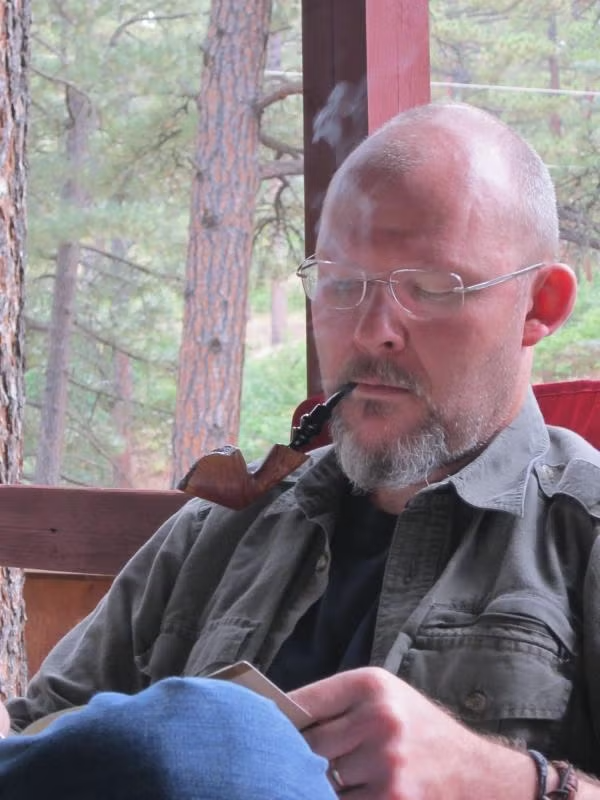 Chris Beekman of the Department of Anthropology worked with colleagues from the Museum of Northern Arizona and El Colegio de Michoacan to reconstruct changing lake levels and their relationship to patterns in archaeological settlement in the Magdalena Lake Basin, Jalisco, Mexico.
Chris Beekman of the Department of Anthropology worked with colleagues from the Museum of Northern Arizona and El Colegio de Michoacan to reconstruct changing lake levels and their relationship to patterns in archaeological settlement in the Magdalena Lake Basin, Jalisco, Mexico.
Magdalena Lake was drained in the 20th century, and the project reconstructed its prior extent and its impacts through geomorphological and archaeological survey. Their research found major wet periods with high lake levels associated with population and settlement expansion, alternating with dry periods when settlement fragmented and dispersed.
The most pronounced changes occurred during the period 500-900 CE. The period experienced a previously undocumented volcanic eruption that left tephra deposits on the lake bottom, followed by a lengthy period of drought corresponding in time to the better known "Maya droughts" documented for southeastern Mexico. The project further documented the earliest evidence for maize domestication and land clearance for farming in this region.
The research is published in the journal Geoarchaeology.
